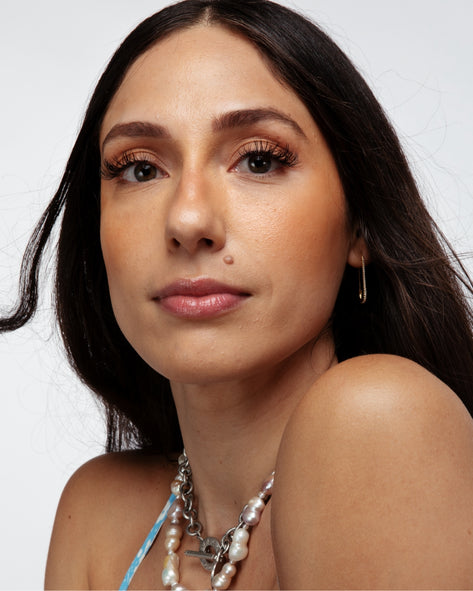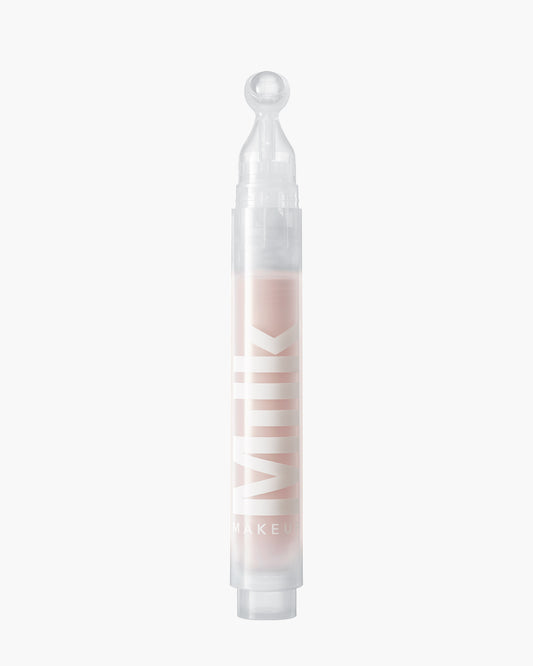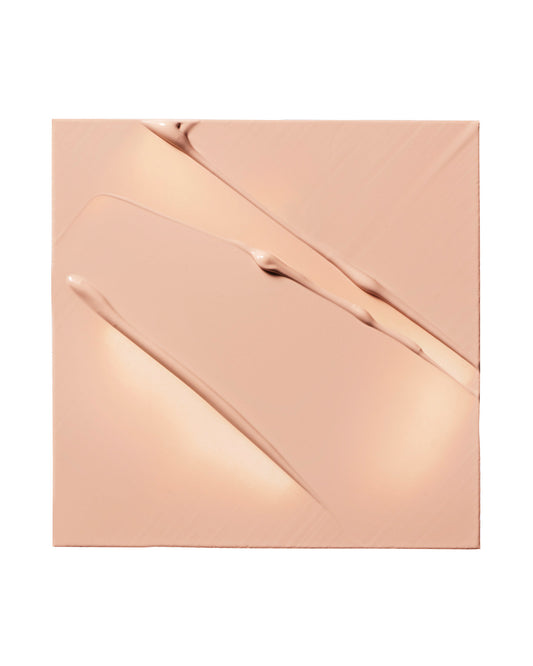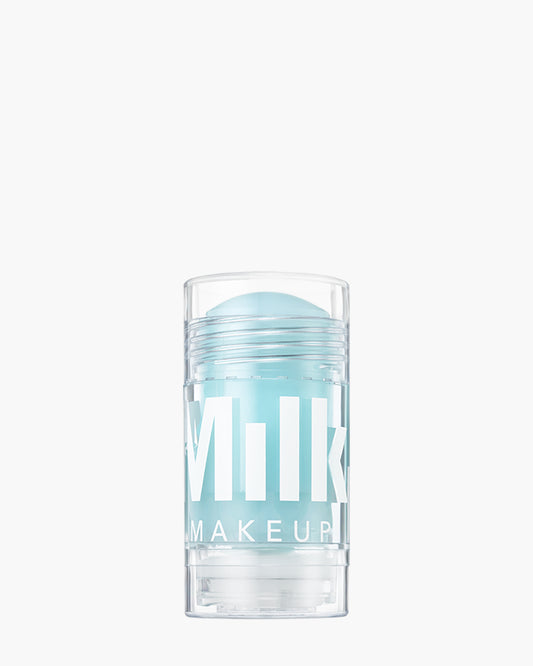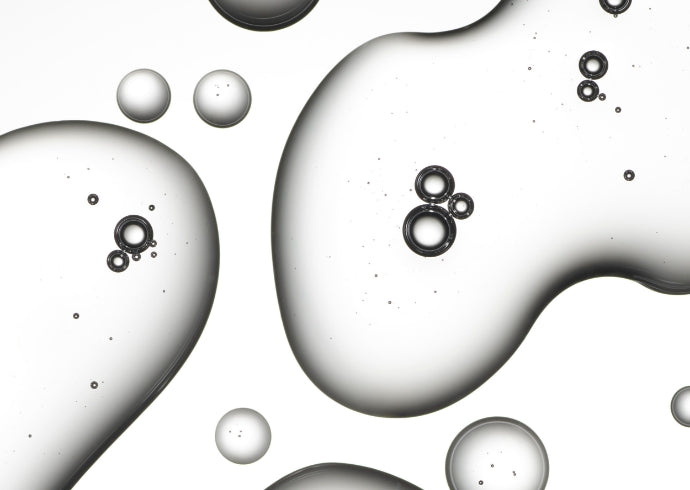However your skin fares the rest of the year, winter can throw a wrench into things, leaving it dry, flaky, and dull. But having the right skincare tips in winter can be a game changer. First, it's important to understand what, exactly, is going down with your skin in the cooler months of the year. (Spoiler: lots and lots of dryness.) From there, you can put together a routine to offset it so you can remain hydrated and radiant, even in not-so-ideal winter weather. Here’s what you need to know to be sure your skin is on point all season long.
How does winter weather affect your skin?
Winter introduces a perfect storm (or blizzard, if you will) of factors that dry out your skin. For one, cold air holds less moisture—so it borrows it from your skin instead. On top of that, “brisk winds, along with heat from indoor heaters can really dry you out,” says Hadley King, M.D., a dermatologist in New York City. Inside or outside, it’s tough to escape the consequences.
Not only does that lead to the requisite parched, rough skin, but “because of the dryness, winter can also bring flares of eczema, psoriasis, and seborrheic dermatitis,” she says. So, if you already have these conditions, they might get worse during this time.
What is the best kind of skin care for the winter season?Since winter’s biggest toll is dryness, the best way to counter that is (surprise!) with moisture. “Look for products that combine humectants, emollients, and occlusives to hydrate, support the skin barrier, and lock in the moisture,” says Dr. King. The best skin-care products for winter are those that blend all three components. “Humectants, like hyaluronic acid and glycerin, are mostly low-molecular-weight substances that bind water into the stratum corneum [outer layer of your skin],” she says. “They need to be used along with the other components in order to retain the water content.” Meanwhile, emollients like ceramides and squalane mimic the natural components found in our skin barrier. Finally, “occlusives are oils and waxes which form an inert layer on the skin and physically block transepidermal water loss,” Dr. King explains. They work together to keep skin smooth, soft, and packed with moisture. As luck would have it, our Vegan Milk Moisturizer offers all three; it uses humectant hyaluronic acid, emmolient squalane, and occusive shea butter. Bonus: it's made with our signature Desert Milk, a blend of baobab, jojoba, aloe vera, and kalahari melon that helps deliver hydration to the deep layers of skin. Infusing your winter skincare routine with these ingredients is a good start, but there are other things you can do to counter seasonal dryness, too. Here, our five best winter skincare tips. |
|
1) Exfoliate gently
Do an audit of your current routine to see what could be potentially irritating. One possible cause for discomfort is exfoliation—which, to be fair, is great in moderation. “Exfoliation can be helpful because it removes the buildup of dead skin cells, so the skin can better absorb good, moisturizing ingredients,” says Dr. King. “But it's important to exfoliate gently so that the skin barrier does not get damaged.” She recommends using gentle exfoliants once or twice a week, max.
2) Avoid fragrance and alcohol
Seeing more redness? Feeling an unwelcome tingle after you put your products on? It’s not just you. “When skin gets drier—or when skin conditions like eczema flare up—the skin barrier can become damaged,” says Dr. King. “Your skin becomes more sensitive because the barrier isn't doing as good of a job keeping out potential irritants.” With that in mind, put anything with synthetic fragrance and denatured alcohol on hold to give your barrier a break.
3) Don’t overuse oilsFace oils can be especially helpful come winter, since, as Dr. King notes, they can help lock moisture into your skin. Our Sunshine Oil even pairs sea buckthorn oil with squalane and vitamin C for extra antioxidant power. Keep in mind, though, that oil isn’t interchangeable with water—and your skin needs both. So it’s important to either use a moisturizer or hydrating serum alongside your face oil to ensure you’re fully benefitting from the ingredients. 4) Don’t skip delicate areasSince your lips don’t have the same oil glands as the rest of your face, they merit just as much (if not more) TLC in the winter. Otherwise, they can peel, chap, or flake. Treat lips to a nourishing, dedicated lip mask like our Melatonin Overnight Lip Mask while you sleep; it pairs hyaluronic acid with a berry blend to soften and smooth. 5) Tweak your other habitsWhile much of winter’s impact is out of our control, there are certain ways you can minimize its drying effects. For starters, says Dr. King, “apply moisturizers immediately after a bath or shower—as well as multiple other times during the day.” Our lightweight, fast-absorbing Hydrating Oil works for both face and body, nourishing skin with a blend of apricot, jojoba, and calendula oils, among others. |
|
Another easy way to get around dehydrated skin is to make sure the air around you has moisture, too. “It can also be helpful to use a humidifier in the bedroom at night, or in other rooms where you are spending a lot of time,” Dr. King says.
Bottom line? When it comes to your winter skincare routine, the more moisture you can get—and subsequently hang on to—the better.
Meet the Experts:
Hadley King, MD (she/her) is a board-certified dermatologist who specializes in medical and cosmetic dermatology. She is also a Clinical Instructor of Dermatology at the Weill Medical College of Cornell University. Dr. King graduated magna cum laude from Harvard College with a degree in biochemistry. She received her MD from Columbia University. She trained in medicine at Greenwich Hospital, affiliated with the Yale University School of Medicine, and completed her dermatology residency at the Weill Medical College of Cornell University.
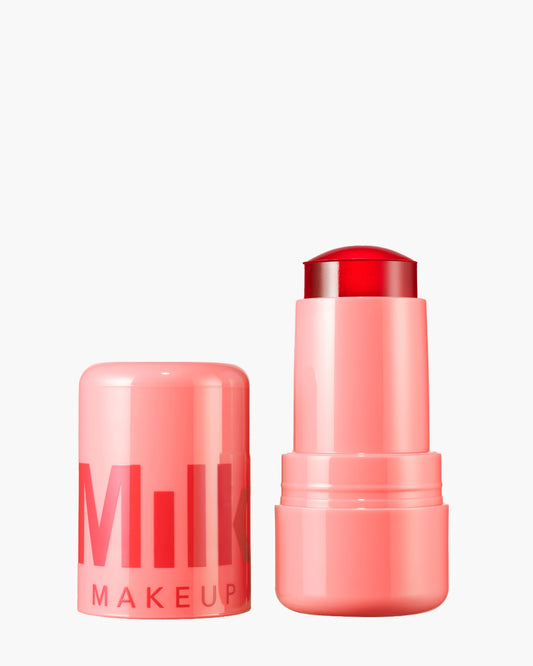
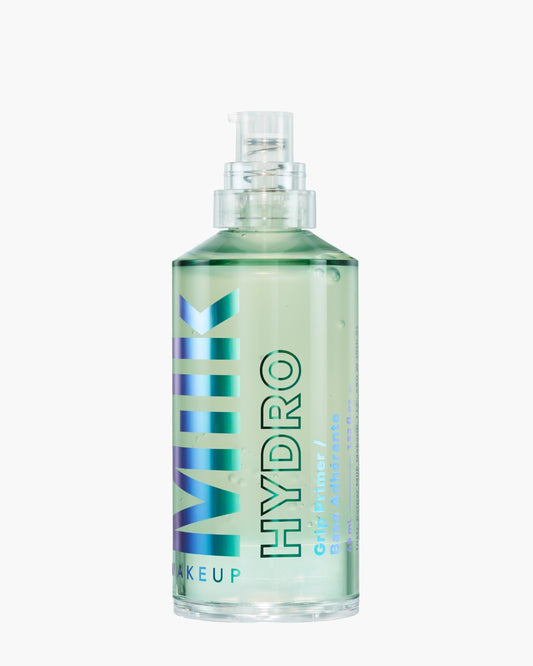
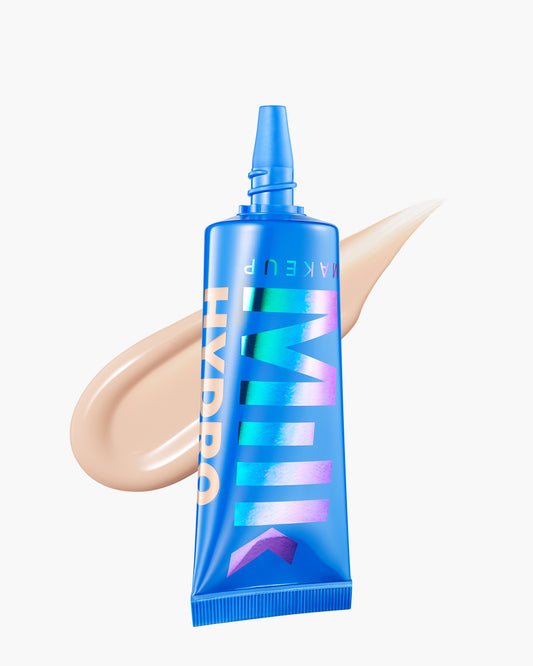
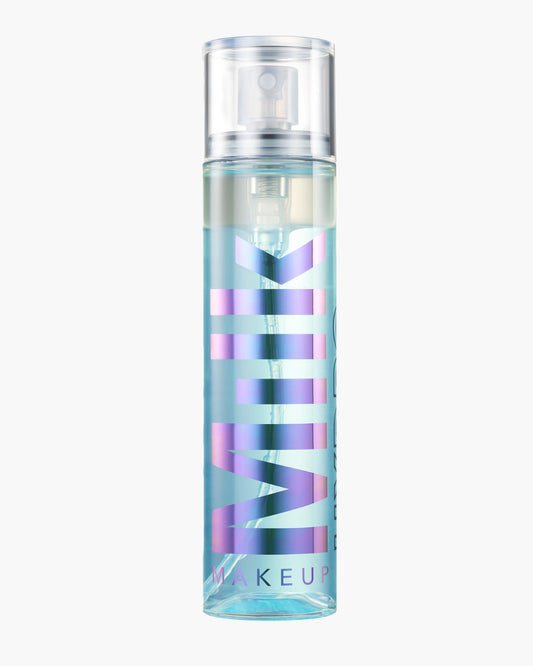
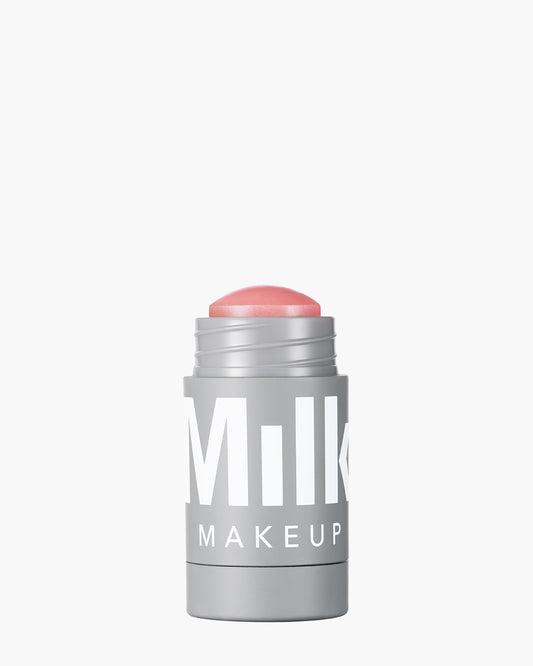
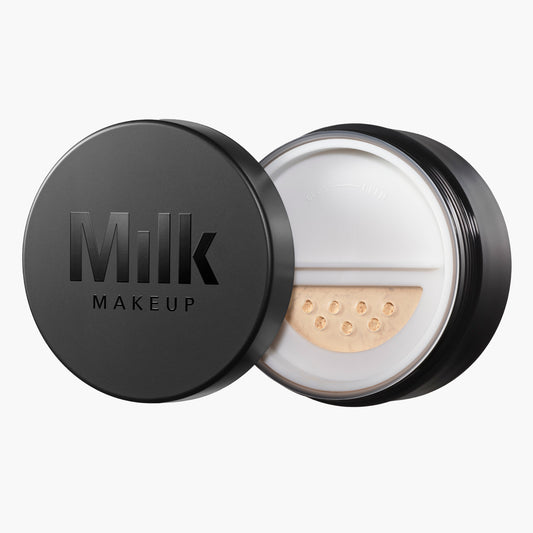
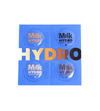
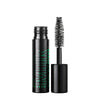
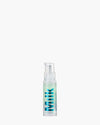


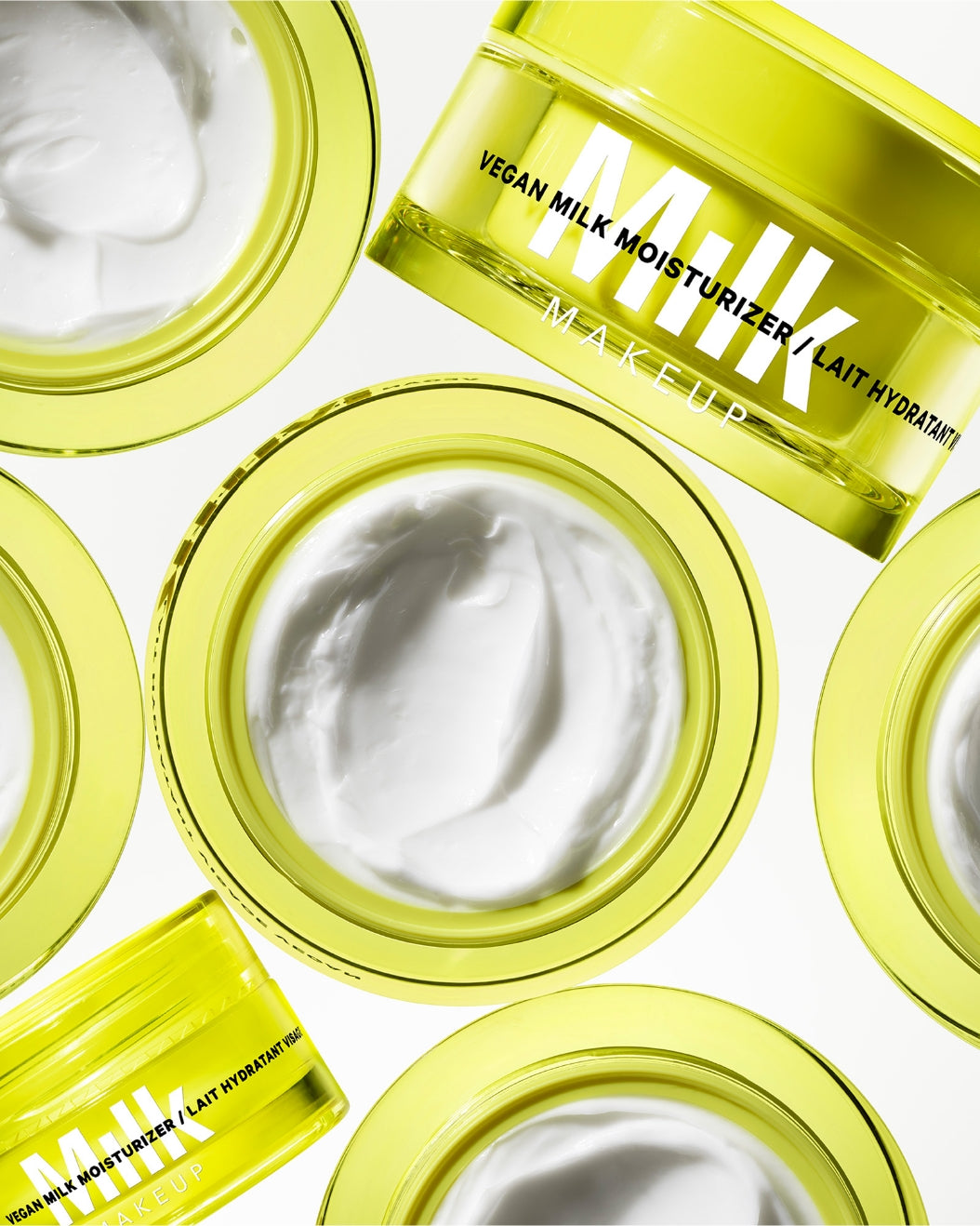
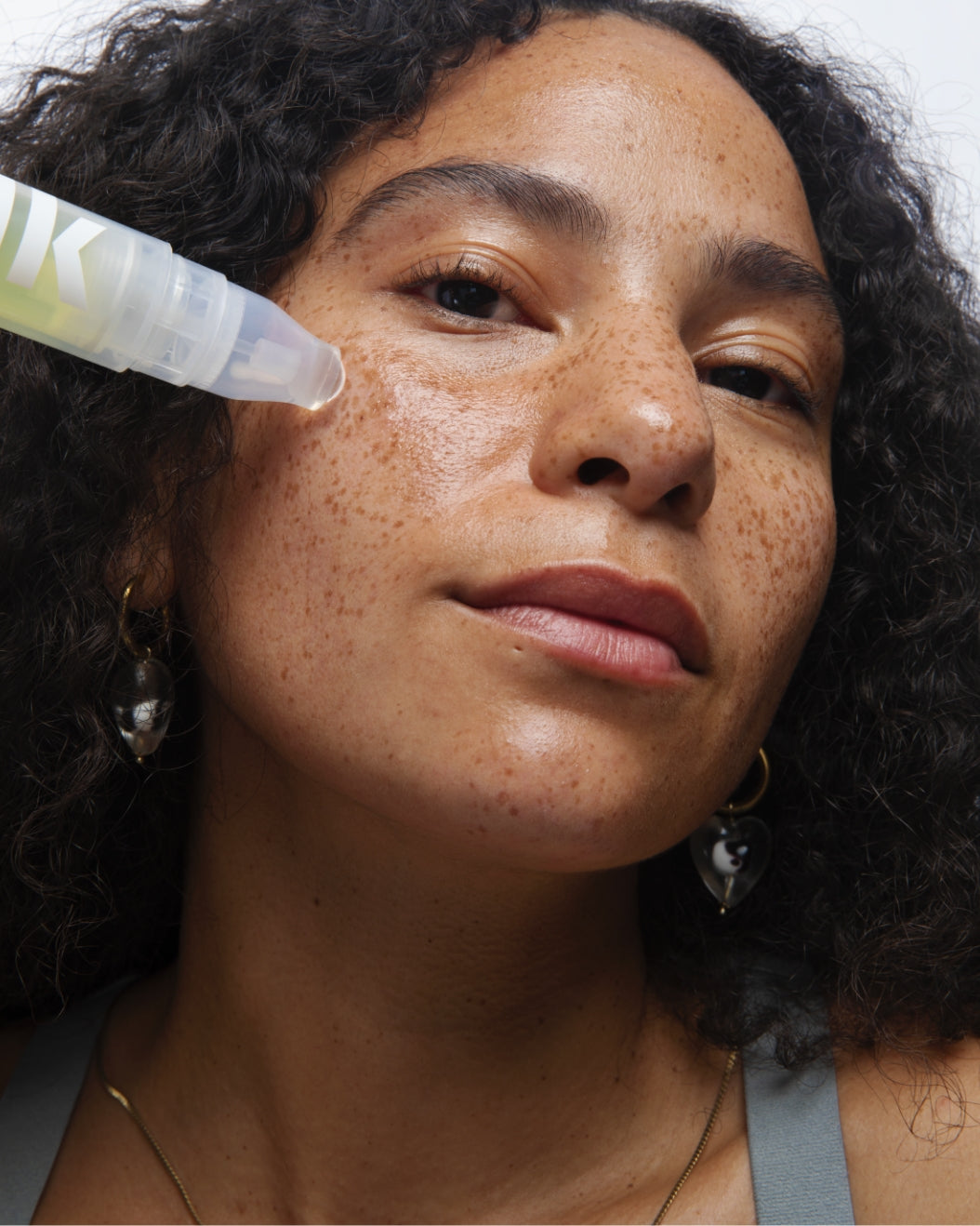
 "
"